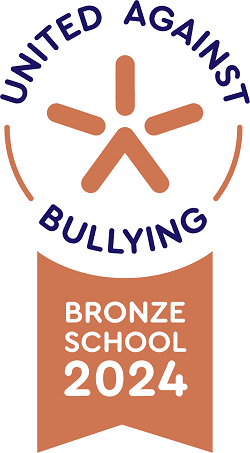Year 9 students have 25 lessons a week. Below is a general overview of the topics students are taught throughout the year in each subject. For a more in depth outline of each subject please click on the link for the subject page.
If you would like to speak to us about any aspect of our curriculum, please get in touch.

